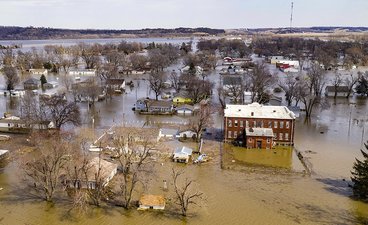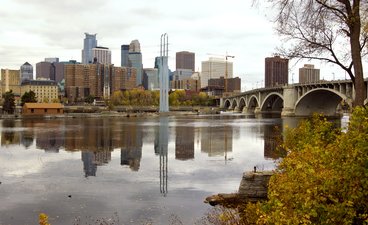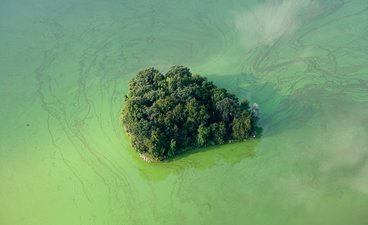The Minnesota Stormwater Seminar Series provides an opportunity to learn about the most recent research, discoveries, and case studies around urban stormwater management specifically for an audience of stormwater practitioners, professionals, and researchers. Seminars include a presentation, panel discussion, and Q&A with participants.
2024 Seminars
- January 18: Capturing and quantifying coarse organic matter in urban stormwater - John Chapman, Univ. of MN
- February 22: Performance of Stormwater Products and Practices: Why it Matters - Seth Brown, NMSA
- March 14: Rethinking Green Stormwater Infrastructure in Place - Ashlynn Stillwell, Univ. of Illinois Urbana-Champaign
- April 18: Plants and vegetation in stormwater practices - John Bly
- May 16: Urban Long Term Ecological Restoration (LTER) Project - Sarah Hobbie
- June 20: Lauren McPhillips
Seminars

Leveraging Grant Funds for Stormwater & Community Resilience Planning
This seminar will highlight three projects from the 2022 MPCA grant cycle that focus on stormwater and community resilience.

Ushering in a new era of TMDL compliance: Adaptive management and reducing connected impervious cover
Creative thinking about old, new and reimagined stormwater controls are necessary. The GBTNGP is an open door to innovative nutrient control strategies so long as they are defensible, trackable and accountable. The solution to future problems will take new thinking and come more from implementers (municipalities) working together with regulators, ushering in a new era of compliance through adaptive management.

Retrofitting existing SCMs to enter the nutrient trading market
Retrofits such as floating wetland islands (on wet ponds), converting dry detention to constructed stormwater wetlands, and the addition of internal water storage to older bioretention will be discussed.
